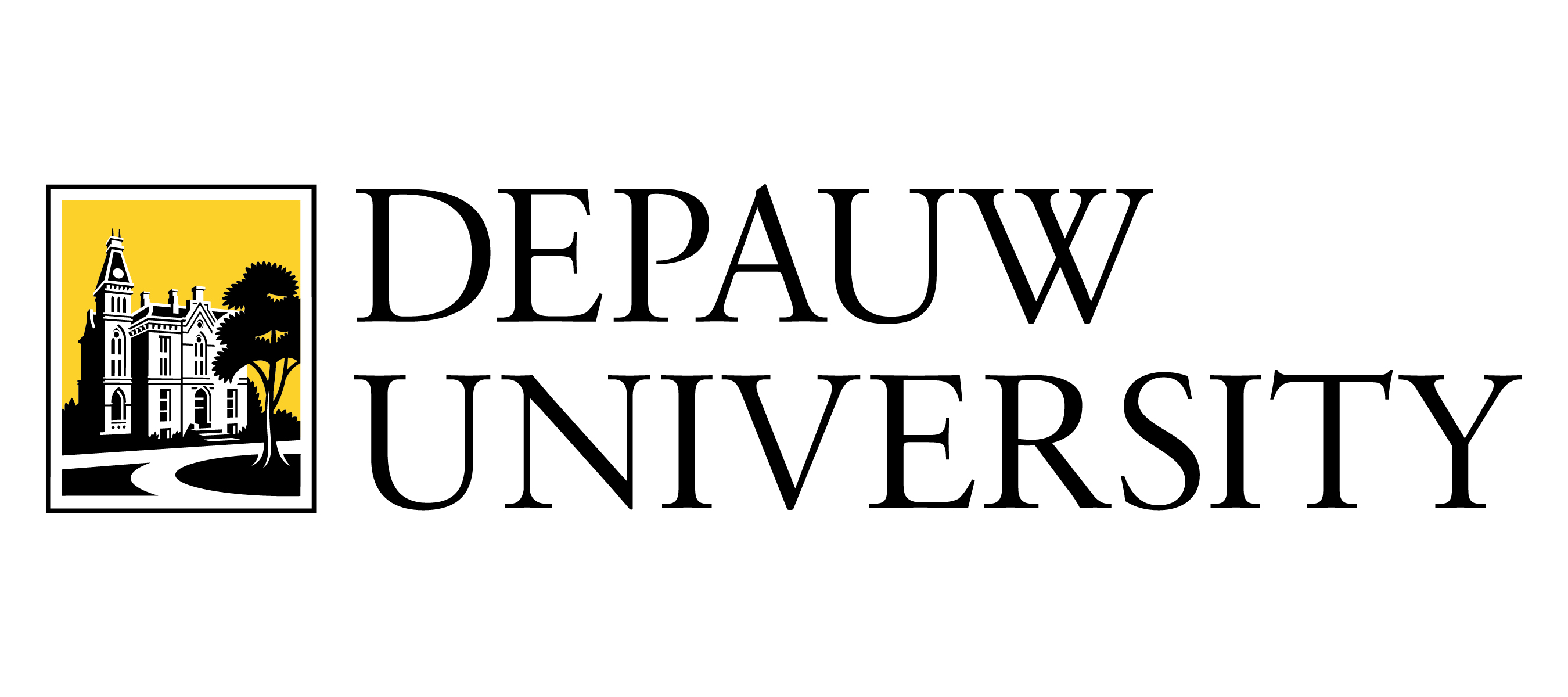Document Type
Article
Publication Date
4-30-2023
Abstract
A number of instruments designed to measure scientific literacy exist, but none has been used to assess improvements in undergraduates’ scientific thinking over their college career. This study utilized the Test of Scientific Literacy Skills (TOSLS) in a longitudinal fashion to measure scientific thinking gains of over 800 students from matriculation to graduation at a small liberal arts college. We found the TOSLS to be a useful assessment instrument. Our results indicated rather small benefits of science general education overall, though there were larger improvements for some demographic groups (i.e., women, first-generation college students). STEM majors showed much greater development in their scientific thinking skills than non-STEM majors, although they started at a more advanced level. Suggestions are made to rethink STEM general education, either in terms of content or with regard to pedagogy, in order to improve future citizens’ ability to deal with the scientific challenges society faces.
Recommended Citation
Propsom, Pamela M.; Tobin, William M.; and Roberts, Jacqueline R., "Test of Scientific Literacy Skills (TOSLS) indicates limited scientific thinking gains as a result of science and mathematics general education" (2023). Interdisciplinary Faculty Scholarship. 1, Scholarly and Creative Work from DePauw University.
https://scholarship.depauw.edu/interdisciplinary_facpubs/1
Included in
Information Literacy Commons, Physical Sciences and Mathematics Commons, Psychology Commons



Comments
Acknowledgements: Support has come from the National Science Foundation Grant #1611663 and a Howard Hughes Medical Institute Grant (GT11052). Additional support was provided by DePauw’s Faculty Development Committee, Office of Academic Affairs, and the Asher Fund. Any opinions, findings, and conclusions or recommendations expressed in this material are those of the authors and do not necessarily reflect the views of the granting agencies.